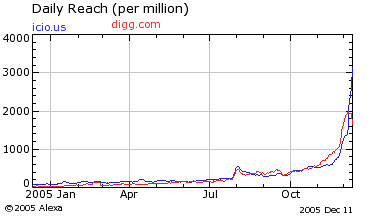Two obvious secrets
A great observation on Seth Godin's blog:
The two obvious secrets of every service businessevery one...
1. Take responsibility
2. Pay attention to detailThe thing that's so surprising is how little attention is paid to these two, how often we run into people (business to business or b2c) who are totally clueless about them.
You'd be stunned to see a hotel clerk stealing money from the till or a bartender smashing bottles or a management consultant drawing on the client's wall with a magic marker. But every single day, I encounter "that's not my job" or "our internet service is outsourced, it's their fault." More subtle but more important are all the little details left untended.
All the magazine ads in the world can't undo one lousy desk clerk.
All businesses are service business and experience is the product...
He says 'every one' at the beginning of the blurb, and he's right. I also think there are a lot of software products out there that don't understand that they aren't actually products, they are services -- and this is especially true of social software. Many companies launch their web "products" and then walk away, not understanding that after launch their job has just begun, requiring daily -- sometimes 24-hrs a day -- hands-on management and unflinchingly constant attention. Social software only works when the trolls and spammers are instantly squashed, good contributions rewarded, people listened to and provided with what they need.
Another thing: props to Seth and team who have built out Squidoo, which I have been following for a while. Have a look around; they're doing so many things right.
